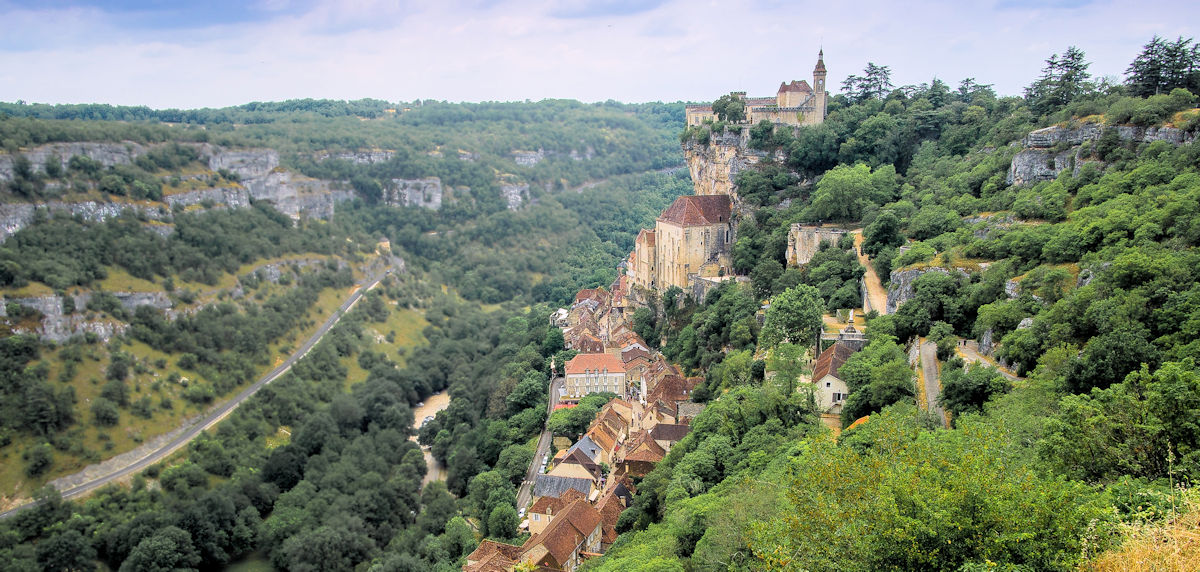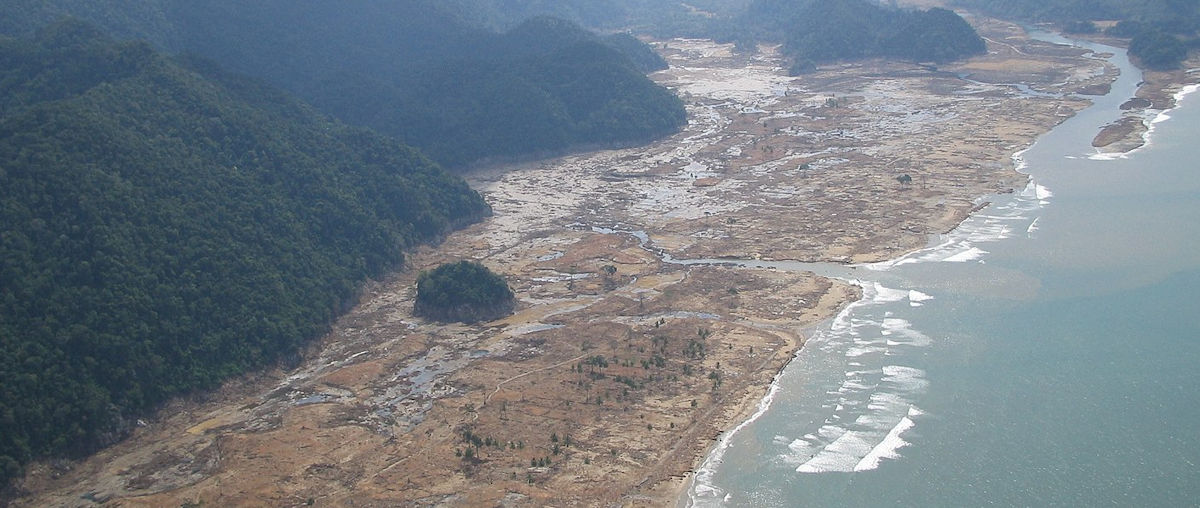By Warren Nunn
When considering the scientific suggestion that humans are a major cause of what is being called climate change, can we learn anything from what happened in the past?
Some people won’t even discuss possible other explanations and/or alternative approaches to what has been decreed by some as one the biggest ever threats to civilisation.
It would be too long-winded to discuss all the science behind the contention that what is happening on Earth today is mostly Man-caused, but I have previously considered some of the issues.

The cliffside village of Rocamadour in southern France where I saw many marine fossils.
Photo by Joran Quinten on Unsplash.
Observation is a powerful thing
Several years ago when in France, one of the places I visited was a cliffside village called Rocamadour, about 500km south of Paris. The highest point is about 360m above sea level.
What does that have to do with climate change, you may be asking?
Bear with me.
I know I wasn’t asking myself that back in 2004 when I climbed the hundreds of stone steps up to the village.
I don’t know about the geology of the area, but the steps appeared to me to have been carved from the cliffside.
I can’t tell you that is an incontrovertible fact, but the steps were stone and they had been hewn by hand as far as I could tell.
What I can tell you beyond doubt is that the steps had in them countless numbers of the shells of tiny, fossilised marine creatures.
Fossilised sea creatures found elsewhere
I was in no way surprised by this as I was aware similar scenes are found in various locations around the world.
In the light of the contention that we are facing sea-level rises that could affect countless people, I was struck by the obvious. Whatever event caused those tiny creatures to be fossilised, must have been catastrophic.
What could anyone have done at the time to stop such a catastrophic event?
Was it caused by climate change?
Even if we accept that climate change is real and a dire threat to humanity, will it be impossible to do anything to stop it, whatever steps we take?
Drastic change happened before
Because something drastic happened at Rocamadour at a point in the past, then, logically, it could happen again.
If the type of event that affected Rocamadour, hundreds of metres above sea level, is threatening again, then what scientists are saying about climate change is actually nothing new.
If that was a one-off event, then there’s probably not that much to be concerned about.
However, let’s stop for a moment and consider how significant that event was …
Marine creatures found fossilised hundreds of kilometres from the sea!
Ponder that for a moment.
What could have caused that?
Natural events can be repeated?
If we look back in time and say it was a “natural” event, then we shouldn’t be surprised if it happens again, should we?
Which makes the assertion now that humanity is somehow catastrophically threatening its survival, more than an over-reaction in my view.
Are scientists saying that our continents could be again inundated with water?
Or that volcanic and geological events could reshape everything?
If they are saying that it’s a possibility, how can they be certain?
What can be done?
What, if anything, can be done to change what is said to be happening to our world?
I’d suggest nothing can stop it on the basis that it is a phenomena that has occurred before.
Is that defeatist? Some would say yes … and I can understand that.
Time to give up living near water?
Perhaps the only thing that should be done, given the situation, is to stop living beside water.
Sound ridiculous? Not when you consider that tsunamis have killed hundreds of thousands.
The scientific community has not called for people to stop living near the sea because of tsunamis as far as I am aware.
But if we are really serious about taking people out of harm’s way, then that’s exactly what we should do.
If we can’t stop tsunamis, how can we stop climate change?


Recent Comments